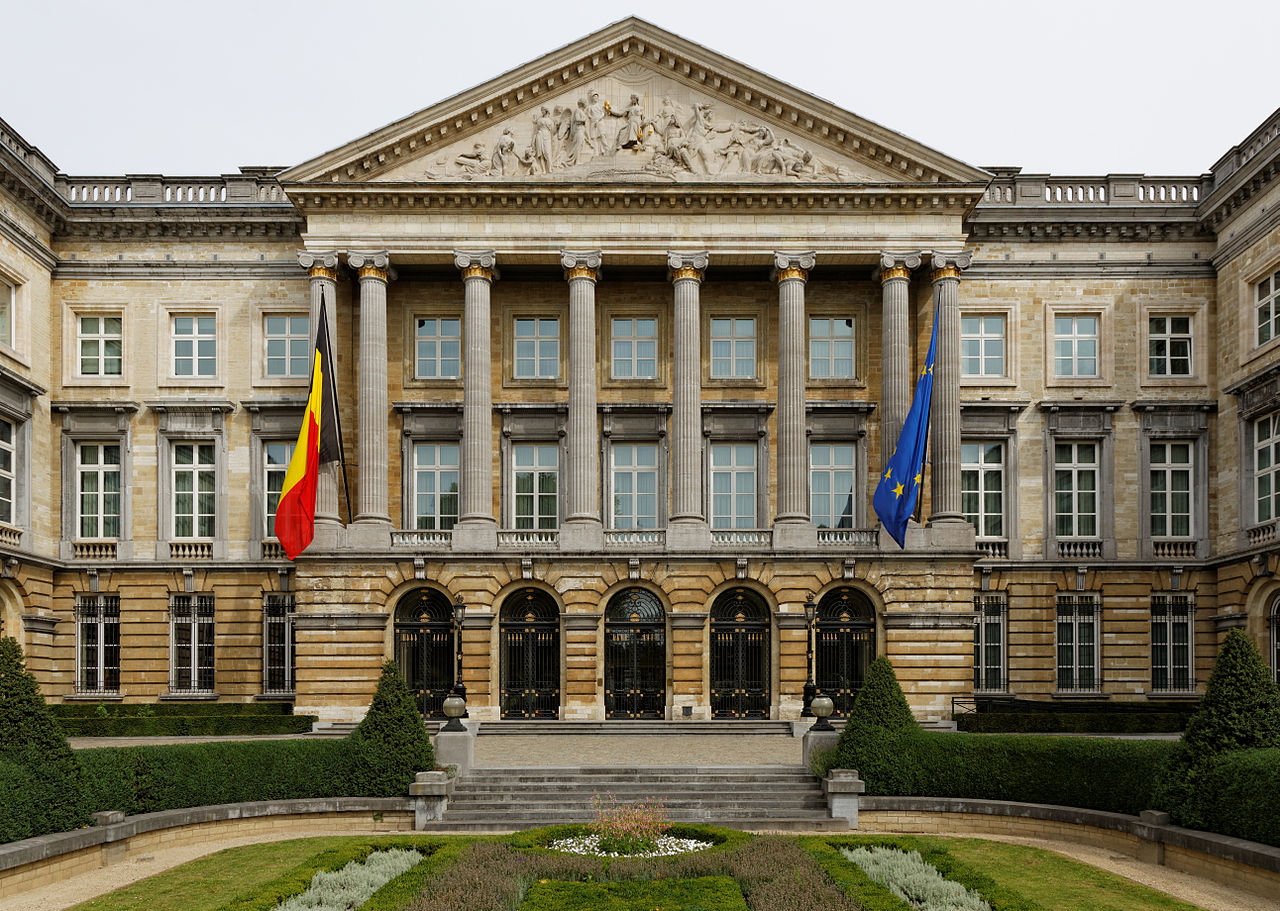
Experts agree, seabed mining should only proceed after careful evaluation
June 25, 2020
Press Release
Antwerp, 25 June 2020 - Seabed mining should only proceed after careful evaluation of environmental effects, a hearing in the Belgian Parliament was told on 24 June.
Experts representing research institutions, NGOs, contractors and regulators were among those giving evidence to the Parliamentary Committee on Energy, the Environment and Climate.
The metals found on the seafloor of the Pacific Ocean – including nickel, manganese and cobalt - are crucial for improving standards of a growing population, clean energy technologies and sustainable development in general.
Belgium is one of a number of states supporting research into retrieving these metals. Germany, France, China, Japan, Russia and Korea are among the others.
There was agreement that further research is needed before any licences to collect metals from the seafloor on a commercial basis are granted, but only one participant – representing Deep Sea Conservation Coalition - argued that Belgium should impose an outright moratorium on seafloor mining.
Other experts pointed out that such a move would be self-defeating. “If you want to be heard, you have to participate,” said Sophie Mirgaux, Belgium's Special Envoy for the Ocean, pointing out that scientific research currently depends largely on investment by exploration companies.
Steven Vandenborre, representing the Ministry of Environment, presented seven reasons the Belgian government should resist calls for a moratorium:
1. To be listened to, you have to participate
2. A Belgian moratorium will not put a stop to ISA negotiations
3. Scientific research currently depends largely on investment through exploration
4. We have an opportunity here to set the bar high
5. A moratorium could impact upon other international processes, such as the BBNJ
6. We need to consider what will happen after the moratorium
7. Different stakeholders, including NGOs, have different views on the moratorium
Michael Lodge, Secretary General of the International Seabed Authority – the body established under UN’s Law of the Sea Convention that regulates deep sea mining - said a moratorium would be "anti-science and anti-knowledge".
Matthias Haeckel of the GEOMAR Helmholtz Centre for Ocean Research in Kiel said; “if we do a full moratorium, my fear is there will be no scientific research.”
Some have argued that increased recycling and substitution will mean there is no need to open up new sources of metal, but researchers from the Department of Earth and Environmental Sciences at KU Leuven said that there are limits to recycling. There will need to be a significant injection of new metals into the global economy before the objective of a circular economy can be met, in large part due to increasing population growth and standards of living they said. Manuel Sintubin recognised that there can never be 100% certainty and so policy makers will need to define qualitative statements like “sufficiently”, “no serious harm” or “all risks”. He acknowledged that one should avoid the use of an extreme form of the precautionary principle as 100% certainty does not exist. KU Leuven concluded their presentation by calling on the Belgian government not to "place itself on the side-lines" at this crucial decision-making stage of the debate.
Marine biologist Diva Amon, a Research Fellow at the Natural History Museum in London, said she wasn’t sure a moratorium was the right instrument to achieve the desired outcome but agreed important data gaps needed to be filled prior to mining.
Kris van Nijen, Managing Director of GSR – the contractor that operates the Belgian concession in the CCZ – said: “Everything that campaigners are calling for is already enshrined in the ISA regulations and in the UN Convention on the Law of the Sea.”
“GSR is proceeding cautiously, step by step. Our expeditions are accompanied by independent scientists who monitor the impact of our research activities and publish their results for all to see.”
“The claim that a moratorium would create time and space for more research to be conducted is misleading. It would instead deny scientists, regulators and legislators the opportunity to gather the data necessary for rational, evidence-based decisions to be made.”
“Belgium should be proud to be leading the way,” said Kris van Nijen. “The deep sea could prove to be the most responsible source of metals we need to tackle climate change.”
Ends
